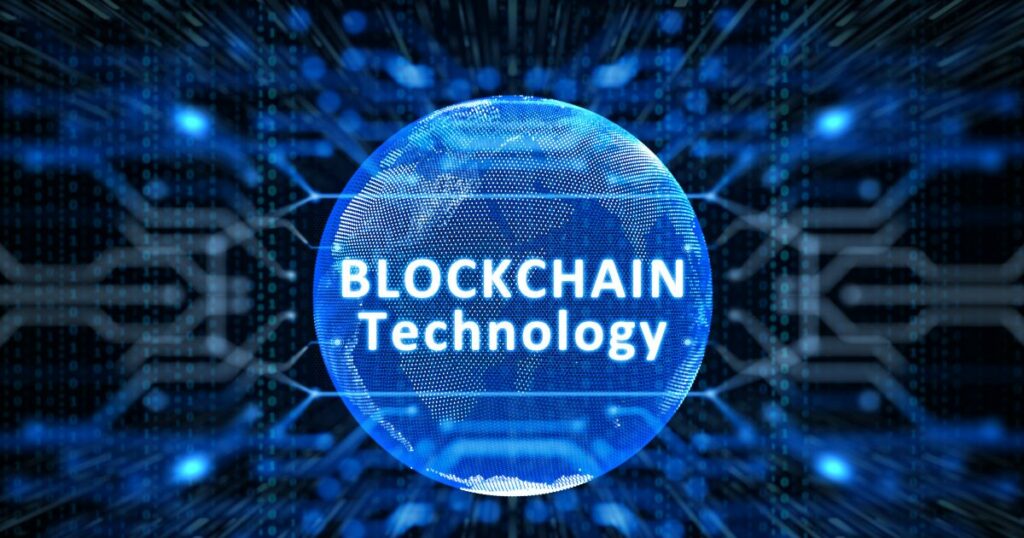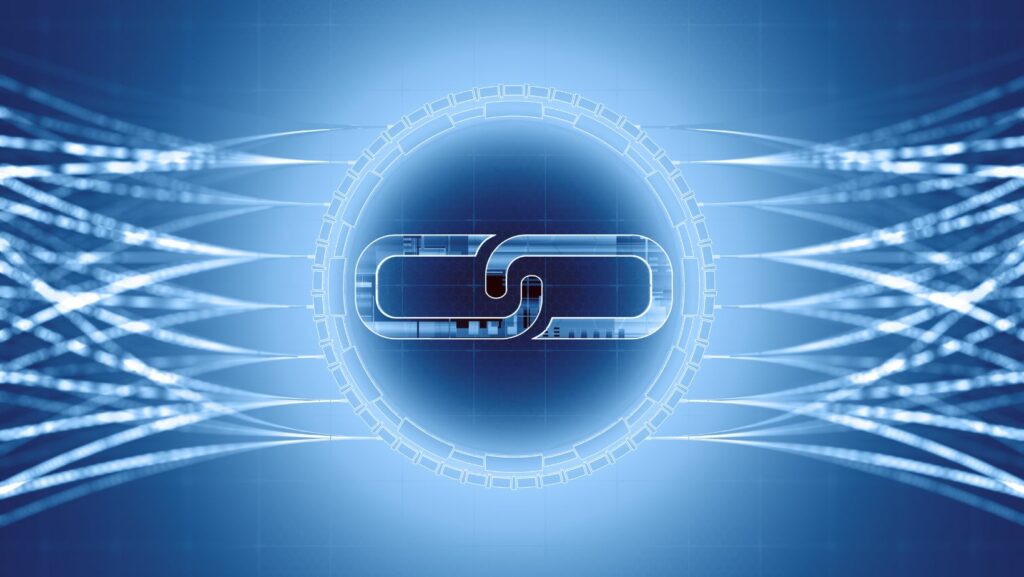The gaming industry is one of the fastest-growing sectors worldwide, with exciting developments sprouting from every corner.
One of the most promising innovations sweeping through the industry is blockchain technology, which is redefining how games are developed, distributed and played.
Read on as we dive into how blockchain is reshaping the global gaming sector.
Crypto Payments Aids Market Expansion
One of the most fascinating ways blockchain is impacting gaming is through cryptocurrency payments, particularly in regions such as the Middle East.
Cryptocurrency provides an alternative to other payment options. It allows players to make financial transactions with greater privacy and fewer restrictions.
The blockchain-powered currency has allowed the associated iGaming sector to gain a foothold in the Middle East despite strict laws prohibiting the practice.
Numerous international betting sites for Arabic players offer crypto as a payment option, making it easier for them to make deposits and withdrawals.
Blockchain technology offers anonymity that traditional banking systems cannot provide. Operators use this anonymity as a selling point to attract and retain players.
The immutability of blockchain ledgers means that transactions are tamper-proof, with multiple security measures in place to ensure funds stay safe.
Operators who accept cryptocurrencies are more appealing to Arab players, and this payment option looks set to play a key role in future growth in the sector.
Play-to-Earn (P2E) Gaming is Booming
Play-to-earn (P2E) games are built on blockchain technology. They reward players with cryptocurrencies and allow them to own in-game items through blockchain-based and non-fungible tokens (NFT), all within an interwoven digital economy.

Unlike traditional games, where players shell out money on in-game purchases without any tangible return, P2E games let players earn real-world value while playing.
Popular P2E games such as Chainmonsters, Bitcraft, Hamster Combat, Axie Infinity, and Galaxy Fight Club have become popular. Their game models allow players to buy, grow, and trade in-game assets.
The model works because ownership of these in-game assets is secured and verified through blockchain technology. Traditional games typically encounter problems where the servers delete or change player data, but blockchain technology ensures that P2E games are immutable.
Intriguingly, the games have attracted eager players in developing countries as they are viable sources of income for households to thrive on.
The best illustration of this is the Philippines. Around 4.13 million people were unemployed in April 2020. Many of them took an interest in P2E games.
Of 26 countries surveyed by global fintech platform Finder, the Philippines ranked fourth with the highest non-fungible token (NFT) adoption globally.
Decentralised Asset Ownership & Improved Player Engagement
The publisher or developer controls in-game assets in other game models, but blockchain technology has disrupted this dynamic. Blockchain technology allows players to own, trade, and monetize their assets independently.

Players are now more connected with the game because they feel a sense of ownership of their assets. There is also a sense of community as they interact with fellow users to trade and discuss strategies. This keeps the players more engaged with the game.
NFTs are vital to this transformation. They are unique digital representations of assets. It can be a virtual piece of land in the metaverse or a limited-edition weapon in a shooter game, but it can be created, bought, and sold on blockchain networks.
For example, the blockchain-based game Decentraland offers users the chance to explore and help build a decentralized virtual world within the confines of the game.
Players can buy plots of virtual land, develop them to taste, and use them to earn profits through leasing and advertising. The decentralization makes players stakeholders in the ecosystem.
Developers are reaping the benefits of the model as players become seriously committed to the games, knowing they can earn profits and other rewards.
Smart contracts, code written into a blockchain that executes the actions two parties agree to outside the chain, ensure that creators can also earn from the resale of their digital creations.
Developers are incentivized to curate high-quality in-game assets that players are keen on. Consequently, blockchain powers a balanced and sustainable economy within the gaming world – where developers and players thrive.



